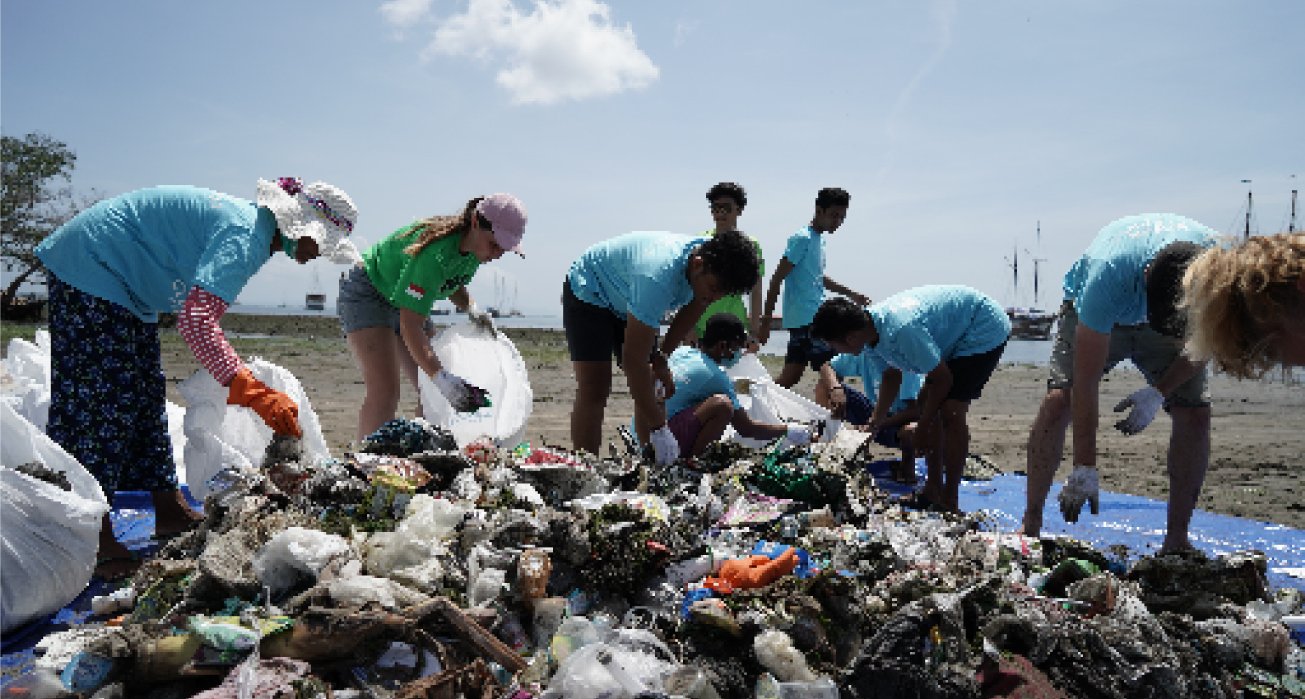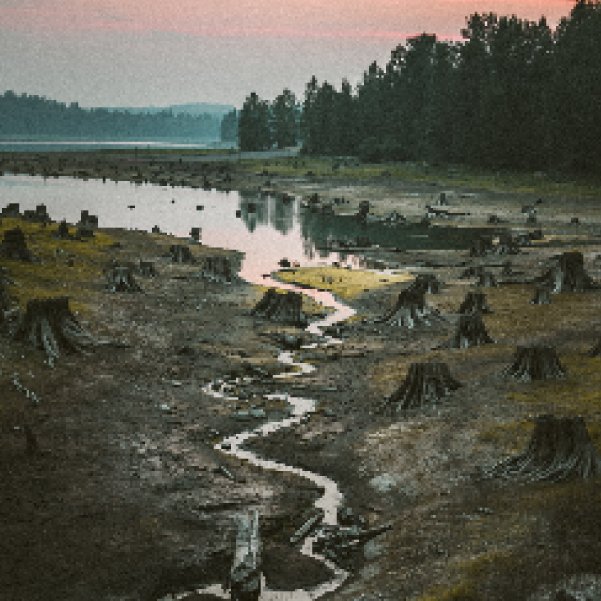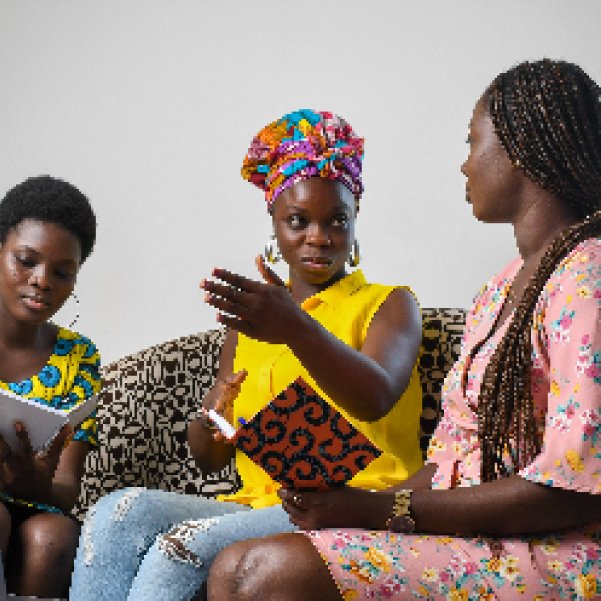About us
Our Challenge

For Afro-descendant communities across the Americas and the Caribbean, the climate crisis looms disproportionately large. An uptick in extreme, devastating weather events in the last decade has upended coastal Afro-descendant communities, with major hurricanes damaging homes, crippling food and water supplies and disrupting livelihoods from Colombia to the Carolinas. Down the road, increasing volatility in precipitation and temperature could also have permanent negative consequences — exacerbating the conditions to which these already vulnerable communities are exposed.
Because they live in areas of strategic environmental importance — like carbon-rich coastal areas, mangroves, and tropical forests — Afro-descendant communities are also in a unique position to lead and create solutions to the climate crisis, as well as address the interconnected crises of biodiversity loss, inequity and socioeconomic exclusion, drug trafficking, migration, and violence.


However, these communities’ voices remain absent at the regional, national, and global levels when it comes to debate and decision-making about the environment, climate change and nature conservation.
Lines of Work
Researchers Network
- Map and assess the climate contributions as well as the impact of climate change in the ANBA.
- Identify, document and disseminate best practices and successful cases in Natural Climate Solutions
- Engage Afro-descendant researchers in participatory research processes consequences — exacerbating the conditions to which these already vulnerable communities are exposed.
Participation and Visibility
- Consolidate a network of afro-descendant leaders that includes high political leaders as well as local environmental and social leaders.
- Elevate the voices of afro-descendant leaders in the main international events related to climate, environment and sustainability.
- Influence the international climate agenda to incorporate the perspective of Afro-descendant communities.
Local Engagement
and Innovation
- Creation of Forum Coordinating Committee and network with representation from Colombia, Brazil, the United States, Honduras and Panama
- Participation in COP 27 and COP 26
- Developing a research collaboration with Conservation International to map key environmental indicators in Afro-Descendant territories
- Publication of essay in Sur Journal “Environmental Equity and Racial Justice”
- Received operational support from Open Society Foundations
- Formulation of three community-led projects in Colombia and Panama
- Conducted community-level engagement and participatory field research in Quibdó, Colombia
- Engaged with World Resources Institute, the Development Bank of Latin America, ACDI-VOCA, and in the development of new proposals, among others